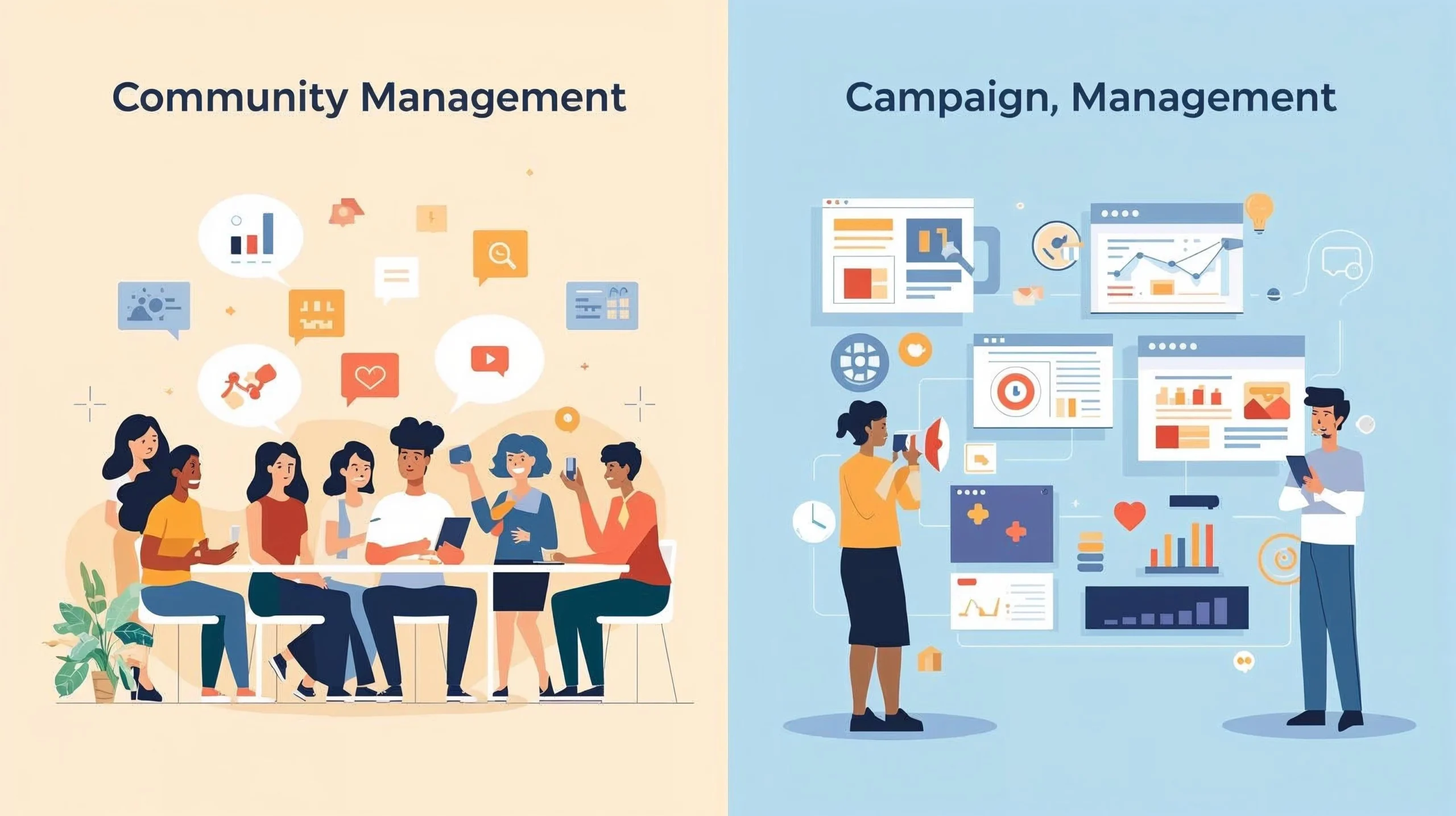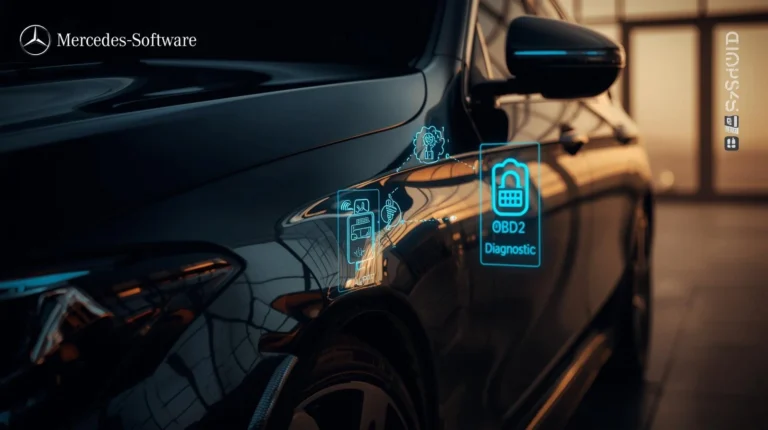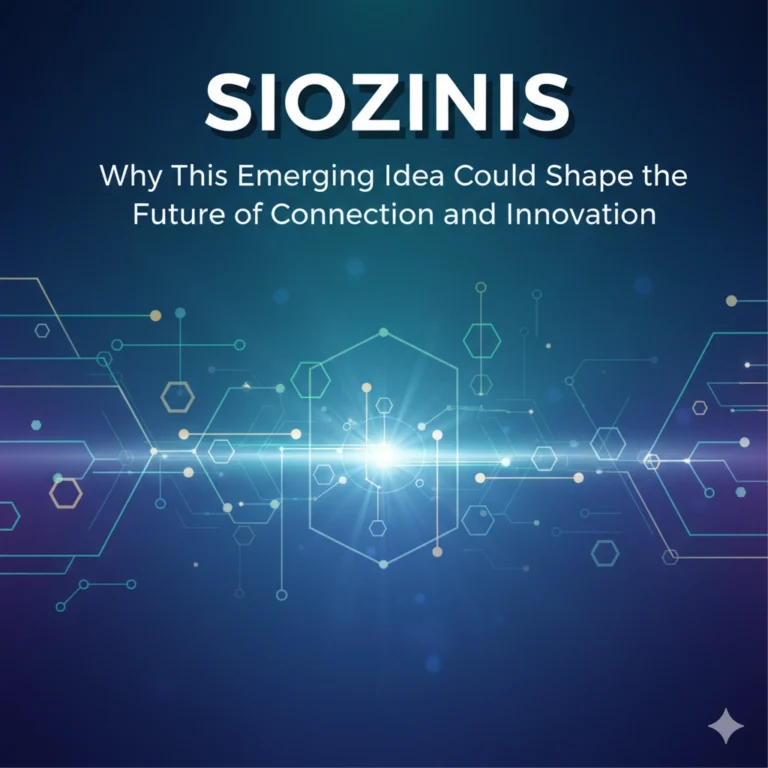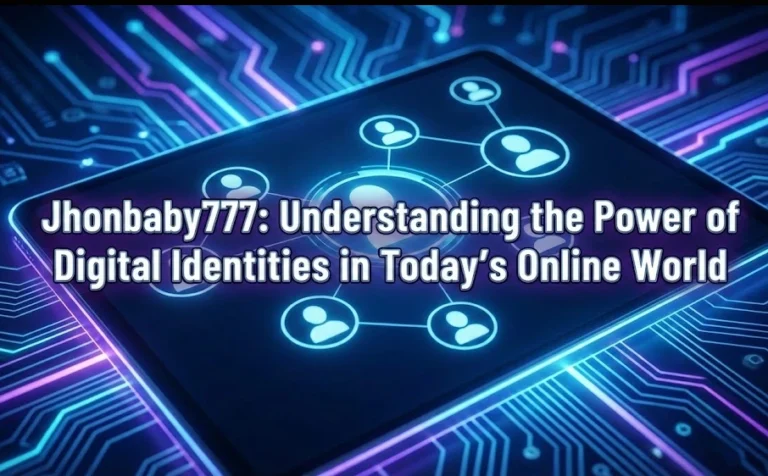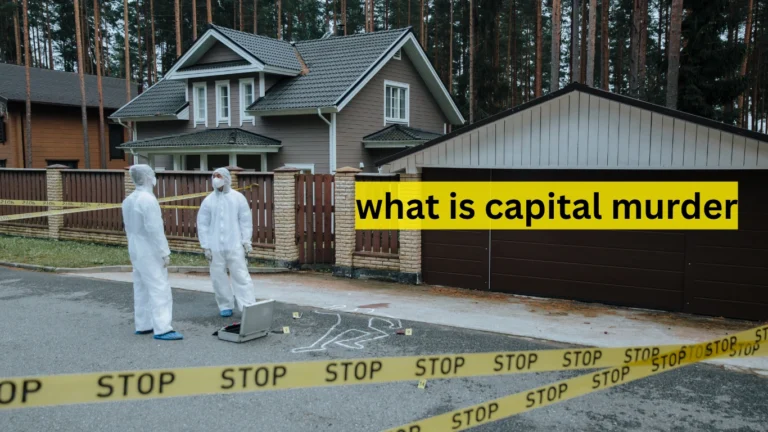Community Management vs Campaign Management: Why You Need Both for Real Growth
If you’ve ever tried to grow your business online, you’ve probably come across two buzzwords that sound similar but mean very different things: Community Management and Campaign Management.
At first glance, they can feel like two sides of the same coin. But here’s the truth—while they complement each other, they serve completely different purposes. One is about long-term relationships, and the other is about short-term wins.
Let’s break it down in plain English so you can see how they work, where they differ, and why your business needs both.
What Exactly Is Community Management?
Think of community management as the “human side” of your brand. It’s not just about pushing out content—it’s about talking, listening, and connecting with the people who care about your business.
Imagine hosting a dinner party. Your role as the host isn’t just to serve food—it’s to make guests feel welcome, start conversations, and ensure everyone leaves with a good memory. That’s exactly what community managers do online.
Core responsibilities include:
- Responding to comments and DMs in a timely way.
- Creating conversations that go beyond promotions.
- Moderating discussions so spaces stay safe and respectful.
- Encouraging customers to share their own content and experiences.
- Keeping your brand voice consistent across platforms.
At its heart, community management is about trust and loyalty.
What Is Campaign Management?
Now let’s look at the flip side: campaign management. If community managers are the dinner hosts, campaign managers are the event planners. They design and execute time-bound marketing efforts to achieve a specific goal—like increasing sales, promoting a launch, or building awareness.
Campaign management is structured, data-driven, and focused on outcomes.
Typical responsibilities include:
- Defining goals (sales, sign-ups, traffic, awareness).
- Designing ad creatives, email sequences, or influencer partnerships.
- Running paid promotions and tracking results.
- Monitoring metrics like ROI, CTR, and conversions.
- Tweaking campaigns in real-time to improve performance.
While community management is ongoing, campaign management has a start and end date.
Community Management vs Campaign Management: The Key Differences
So, how do they really compare?
| Aspect | Community Management | Campaign Management |
|---|---|---|
| Focus | Building relationships | Achieving specific goals |
| Timeframe | Continuous, daily | Time-bound (weeks or months) |
| Approach | Conversational & human | Structured & performance-driven |
| Outcome | Loyalty, engagement, trust | Sales, leads, conversions |
Put simply: community keeps people around, campaigns bring people in. You need both for balance.
Why Businesses Can’t Choose Just One
Here’s a quick scenario:
- You run an ad campaign that brings in 2,000 new followers. Without community management, those followers will lose interest and unfollow.
- On the other hand, if you have an active, loyal community but never run campaigns, your growth will crawl.
Campaigns fuel growth, but communities sustain it. The magic happens when both work together.
Real-Life Example
Let’s say you own a coffee brand:
Community Management: You reply to comments on Instagram, ask your followers to share their morning coffee rituals, and showcase user-generated photos in your stories.
Campaign Management: You launch a 2-week “Back-to-School Energy Boost” campaign with discounts, influencer shoutouts, and Facebook ads targeting young professionals.
See the difference? One creates a loyal base, and the other drives short-term results. Together, they multiply your impact.
Challenges You’ll Face (And How to Tackle Them)
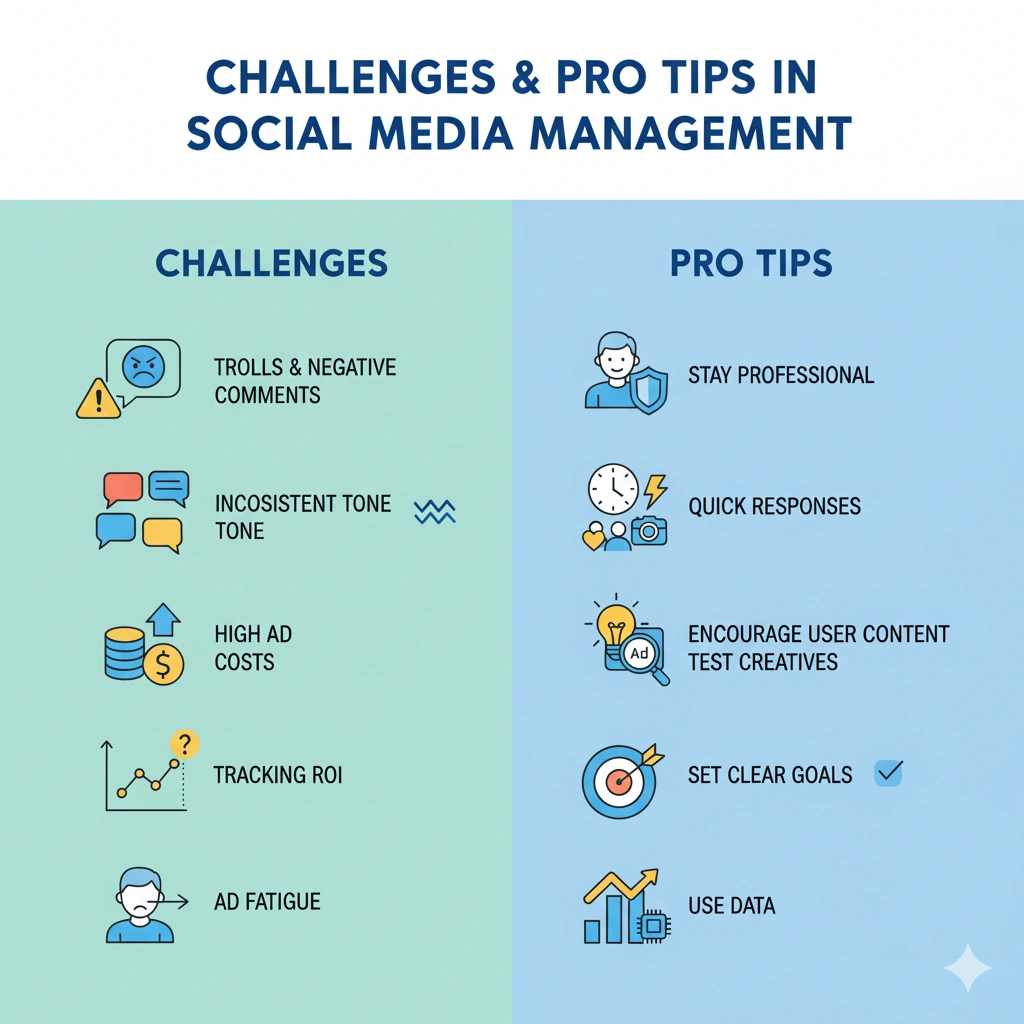
Community Management Challenges
- Dealing with trolls and negative comments.
- Keeping tone consistent across multiple platforms.
- Meeting the expectations of an engaged audience.
Pro Tips: Stay professional, be quick to respond, and let your followers feel heard. Encourage user-generated content to build a sense of belonging.
Campaign Management Challenges
- Rising ad costs and limited budgets.
- Tracking accurate ROI.
- Overcoming “ad fatigue” where audiences stop paying attention.
Pro Tips: Test different creatives, set clear goals, and use data to refine your strategy instead of guessing.
How They Work Together (Step by Step)
- Build Your Community First
Focus on engaging conversations, problem-solving content, and meaningful interactions. A strong foundation makes campaigns more effective. - Launch Campaigns Strategically
Promote your offers with clear objectives. Campaigns work best when your community is already primed to listen. - Activate Your Community
Encourage members to participate—through contests, referral programs, or branded hashtags. When people feel involved, they naturally promote your brand. - Track & Adjust
Use analytics to see what’s working. Look at both community engagement (comments, shares, activity) and campaign metrics (sales, clicks, conversions).
The Future of Both
AI tools, chatbots, and data analytics are already changing the game. Campaigns are becoming smarter, and communities are easier to manage with automation. But here’s the catch: the human touch is still irreplaceable. People crave authentic connections, and no amount of automation can replace genuine engagement.
Conclusion
When comparing Community Management vs Campaign Management, the key takeaway is simple:
- Community Management = loyalty and long-term relationships.
- Campaign Management = measurable results and growth spikes.
If you want a brand that’s both trusted and growing, you need both working hand in hand.
So, ask yourself: are you just chasing clicks, or are you building connections that last? The smartest businesses are doing both.
FAQs
Q1. What is the main difference between community management and campaign management?
Community management focuses on building long-term relationships and loyalty, while campaign management is time-bound and aimed at achieving specific goals like sales or awareness.
Q2. Why do businesses need both community and campaign management?
Campaigns bring in new people, but community keeps them engaged. Together, they drive sustainable growth by balancing short-term results with long-term trust.
Q3. Can a business grow with just campaign management?
Yes, but only temporarily. Without community management, new followers or customers may lose interest and disengage quickly.
Q4. What are examples of community management?
Replying to comments, moderating discussions, creating brand hashtags, encouraging user-generated content, and hosting Q&A sessions online.
Q5. How do you measure success in campaign management?
By tracking metrics like CTR (click-through rate), conversions, ROI (return on investment), and overall campaign reach.

